The topics ranged from cultural diplomacy and religious tolerance to emerging technologies and the UAE’s flourishing relationship with India as Noura bint Mohammed Al Kaabi, Minister of State at the Ministry of Foreign Affairs, United Arab Emirates (UAE) sat down for a discussion with Navdeep Suri, former Indian Ambassador to the UAE.
The conversation, held as part of Firstpost’s ‘Ideas Pod’ series at the Raisina Dialogue 2025, explored the UAE’s evolving approach to public diplomacy and its growing influence as a soft power.
Cultural diplomacy as a pillar of soft power
Al Kaabi, who previously served as Minister of Culture and Youth, stressed that culture is at the heart of UAE’s public diplomacy strategy. She explained how cultural exchanges have historically played a pivotal role in fostering relationships between nations.
“I worked in the Ministry of Culture, and during my tenure back then, we looked at the importance of looking at how culture is the best bridge to build a relationship with a country,” Al Kaabi said.
She recounted her experience collaborating the film industry and how Bollywood classics like Amar Akbar Anthony created a connection between India and herself.
The UAE has actively sought to enhance its cultural ties with other nations, particularly India. A prime example was the Bollywood Superstars: A Short Story of Indian Cinema exhibition at the Louvre Abu Dhabi, which highlighted the history and global impact of Indian cinema.
“Recently we also had a great exhibition at the Louvre Abu Dhabi, the Bollywood stars. And that is a museum that shows the history of Bollywood, something that we all grew up watching,” Al Kaabi noted.
Public diplomacy through arts and culture, she stated, is about fostering a deeper understanding between societies. This aligns with the UAE’s broader Soft Power Strategy, which aims to position the country as a global hub for culture, education and innovation.
Religious tolerance and the UAE’s model of coexistence
One of the most crucial parts of the discussion centred around the UAE’s commitment to religious tolerance and interfaith dialogue. The establishment of the Abrahamic Family House in Abu Dhabi — a unique complex that houses a mosque, a church and a synagogue of equal stature — was highlighted as a groundbreaking initiative.
“You have a mosque, a church, and a synagogue in the same compound, each of the same size,” Suri noted, referencing the UAE’s active efforts to promote religious harmony.
Al Kaabi reaffirmed that tolerance and coexistence are integral to the UAE’s identity: “Tolerance and coexistence is what the UAE is built upon, you know, and having such a belief stated in policies and governmental representation is so important for us.”
She also pointed out the UAE’s role in spearheading international initiatives to combat hate speech and extremism. The country was instrumental in passing UN Security Council Resolution 2686, which targets hate speech that can lead to radicalisation and terrorism.
“We were at the seat of the presidency of the Security Council, resolution 2686 which is basically fighting hate speech that can, of course, lead to terrorism,” she said, highlighting the UAE’s proactive stance on global peace and security.
Giving recent examples of the UAE’s dedication to interfaith harmony, Al Kaabi highlighted a recent Iftar gathering at the newly inaugurated Hindu temple in Abu Dhabi.
“Yesterday, there was an Iftar at the Hindu temple. Everyone was invited. You’re looking at the Abrahamic Family House hosting Iftars. Each temple or each worship place is hosting what the other beliefs are also celebrating. That by itself is, I think, kind of unique.”
The BAPS Hindu Mandir in Abu Dhabi, inaugurated in February 2024, is seen as a landmark of cultural integration. Supported by both the Indian and Emirati leadership, the temple is aimed at symbolising the deep-rooted friendship between the two nations and the UAE’s commitment to religious inclusivity.
“You know that we have the first Hindu temple in Abu Dhabi. That is this, you know, a sentiment of how we have a beautiful relationship with the Prime Minister,” she remarked, referring to Prime Minister Narendra Modi’s visiting the Gulf nation to inaugurate the temple.
She also pointed to February 2019 event in Abu Dhabi when Pope Francis and the Grand Imam of Al-Azhar, Sheikh Ahmed el-Tayeb, signed the “Document on Human Fraternity for World Peace and Living Together.”
Technology and the challenges of the digital age
The conversation also touched upon the role of emerging technologies, particularly artificial intelligence (AI), in shaping public diplomacy. AI has become an essential tool for governments worldwide, helping to refine messaging, counter disinformation, and engage diverse audiences.
“I think we are now in the age that AI is the topic of any dialogue or of any work we do, or even in any discussion,” Al Kaabi said. She acknowledged both the potential and challenges of AI, particularly regarding misinformation and disinformation.
“Our work at the Public Diplomacy office looks at that very carefully. It’s really important. It’s easy for us through space because of AI to know what’s true and what’s not true,” she explained.
“You are now in a time when you can tailor the way you build your narrative. So I think we need to adapt. I think us humans, we can adapt, but yet at the same time, I think we also need to be very smart when it comes to how to utilise such tools.”
The UAE has been at the forefront of AI development, investing heavily in AI research and innovation. According to a Wired report, Abu Dhabi aims to dominate the AI sector by leveraging state-backed investments and forming strategic partnerships with leading tech companies.
While AI presents numerous opportunities, it also raises ethical considerations that governments must address to ensure its responsible use. One significant concern is the potential for AI to perpetuate biases present in training data, leading to unfair or discriminatory outcomes.
Additionally, the use of AI in surveillance poses risks to individual privacy and can lead to the erosion of civil liberties if not properly regulated.
In theory, AI can also facilitate participatory governance by analysing public feedback and identifying societal needs, enabling more responsive and inclusive policy-making. AI-powered translation services can facilitate cross-cultural communication by breaking down language barriers, fostering better understanding between nations.
Strengthening the UAE-India relationship
The discussion naturally gravitated towards the UAE’s deep and evolving relationship with India, which Al Kaabi described as a benchmark for international collaboration.
“The UAE-India collaboration story is one of the most successful ones. And I think it’s always as you know, it’s always a benchmark. Even in my meetings recently, it’s always a benchmark,” she stated.
One of the most significant achievements in this partnership was the swift negotiation of the Comprehensive Economic Partnership Agreement (CEPA), which was finalised in just 80 days. “Our CEPA arrangement with India took just 80 days,” Al Kaabi noted, highlighting the efficiency and mutual commitment of both nations.
“…we are living in a world that’s kind of polarised, and it’s a zero sum game, but having friends like India, you know, with with such an ambitious kind of a goal, when it comes from an economic perspective, yet rooted to its culture and heritage, is very much linked to the UAE,” she reflected.
The discussion at the Raisina Dialogue 2025 highlighted the UAE’s holistic approach to public diplomacy — one that leverages culture, technology and religious tolerance to strengthen its global influence.
Al Kaabi aptly summarised, “Soft power is important, but to work towards soft power, you need to work in terms of building such connections, collaborations, and learning from others.”
Raisina Dialogue is a premier conference on geopolitics and geo-economics hosted by the Observer Research Foundation in collaboration with India’s Ministry of External Affairs.
Firstpost partnered with the Raisina Dialogue to bring exclusive content to its viewers and readers.
The event, inaugurated by Modi on March 17, featured New Zealand’s Prime Minister Christopher Luxon as the chief guest and keynote speaker.


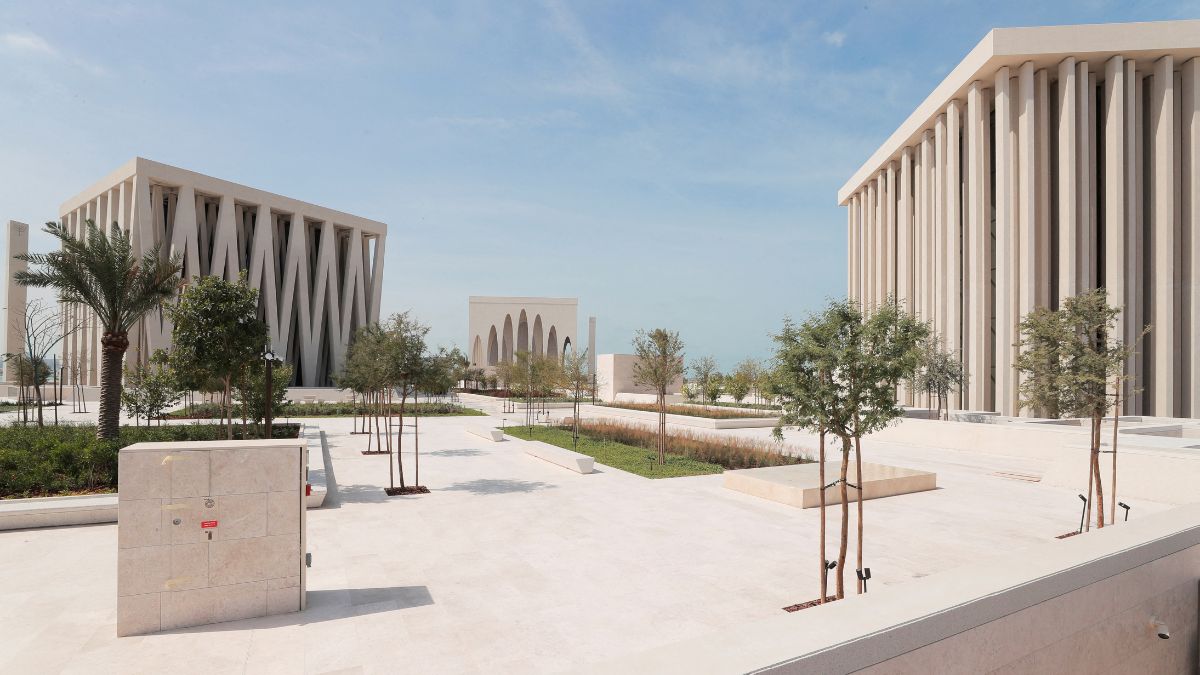)
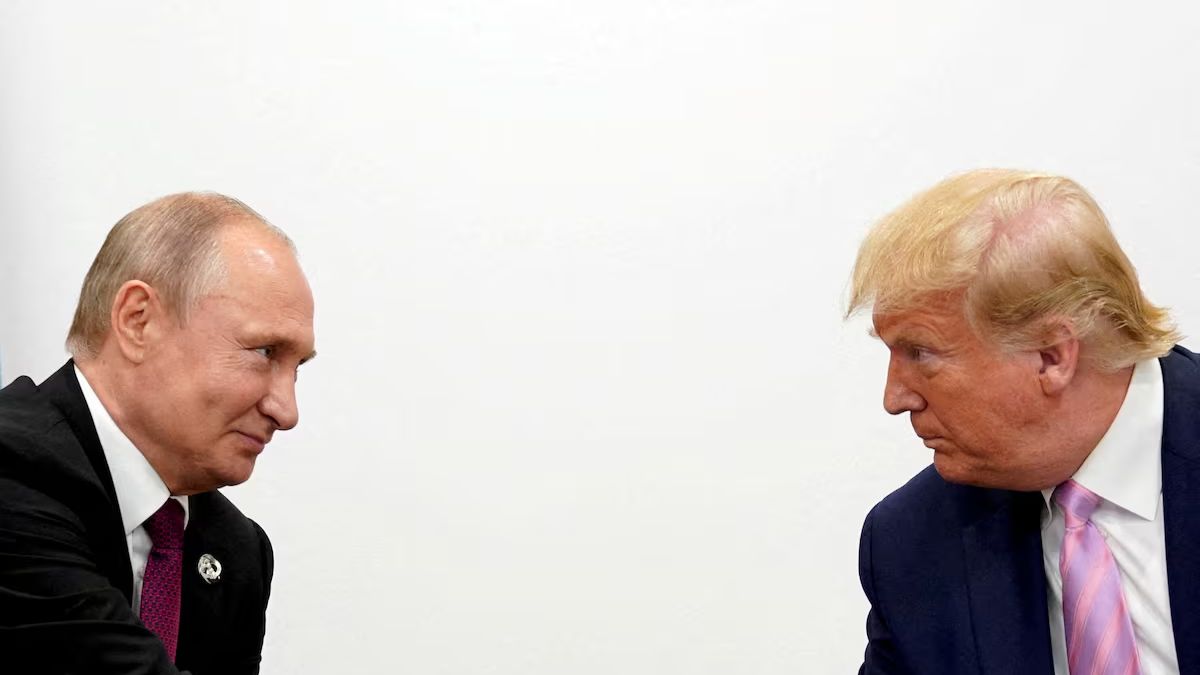)
)
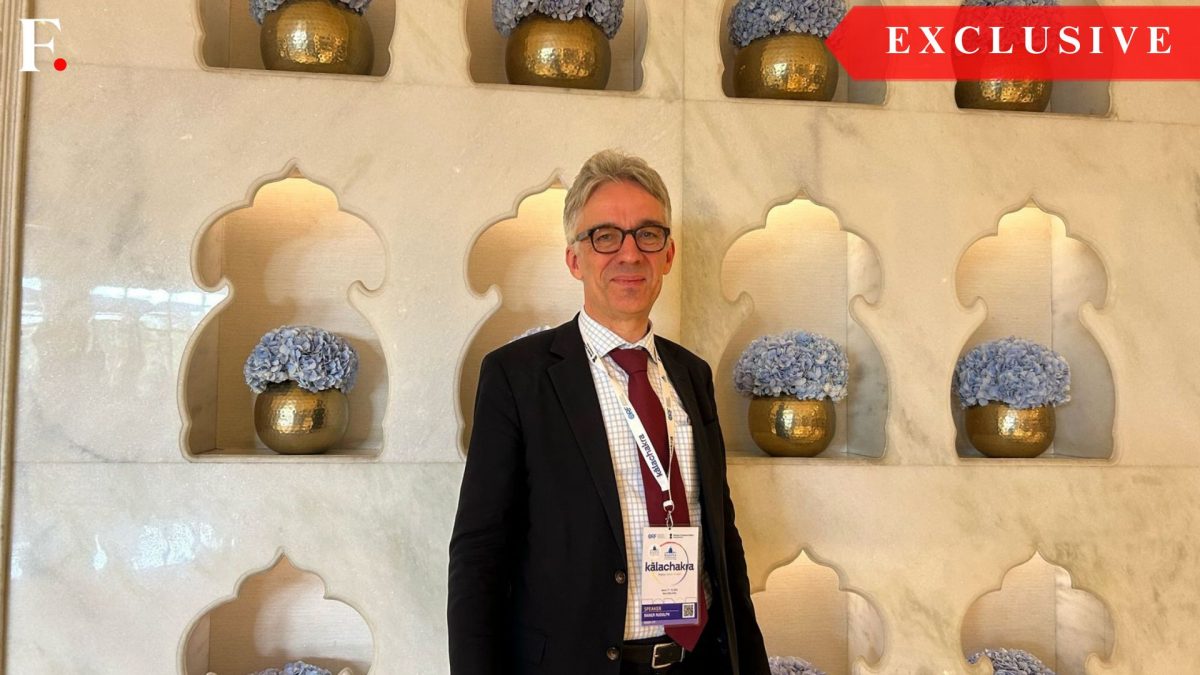)
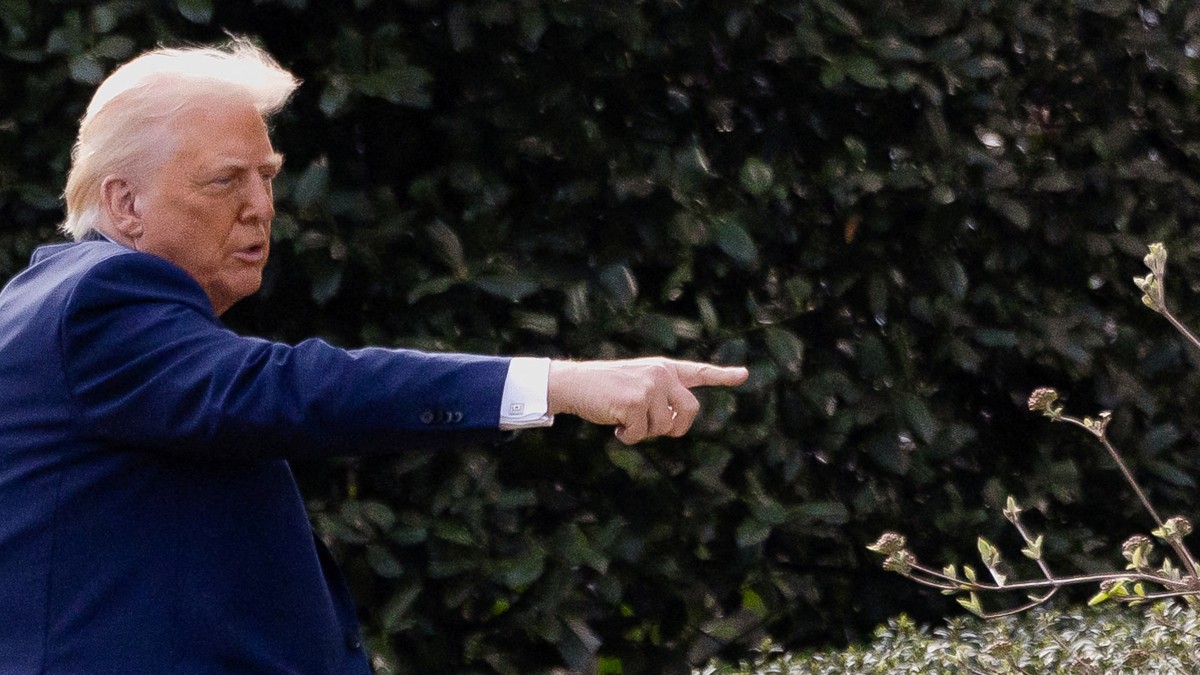)
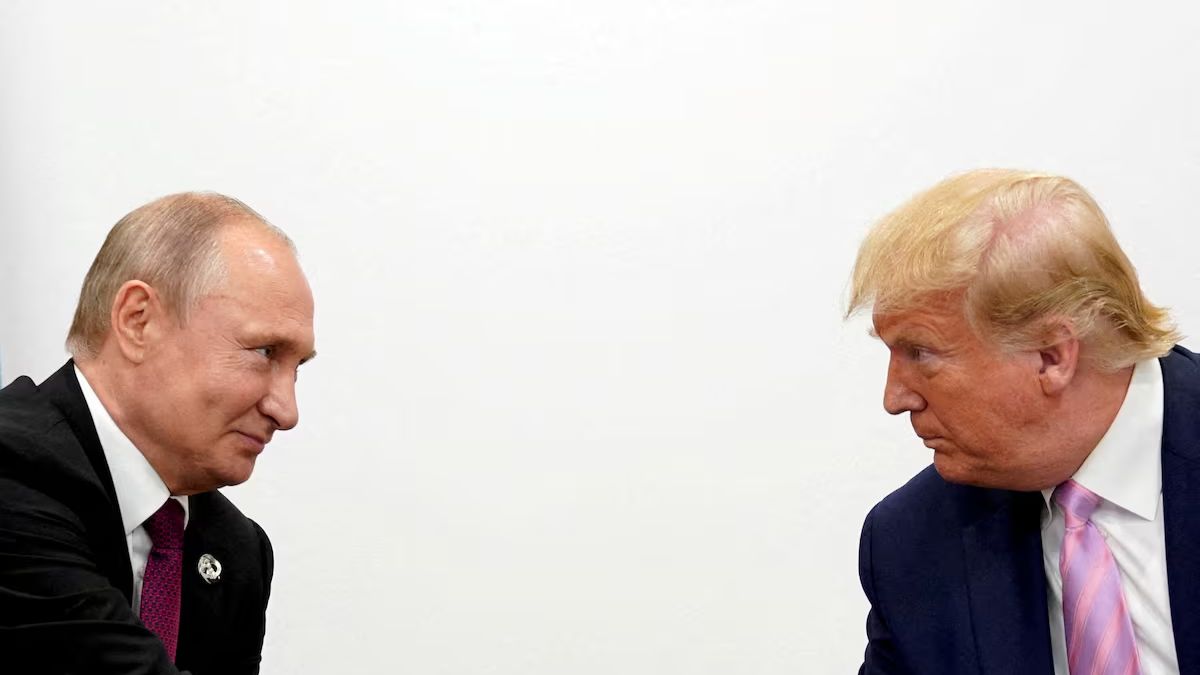)
)
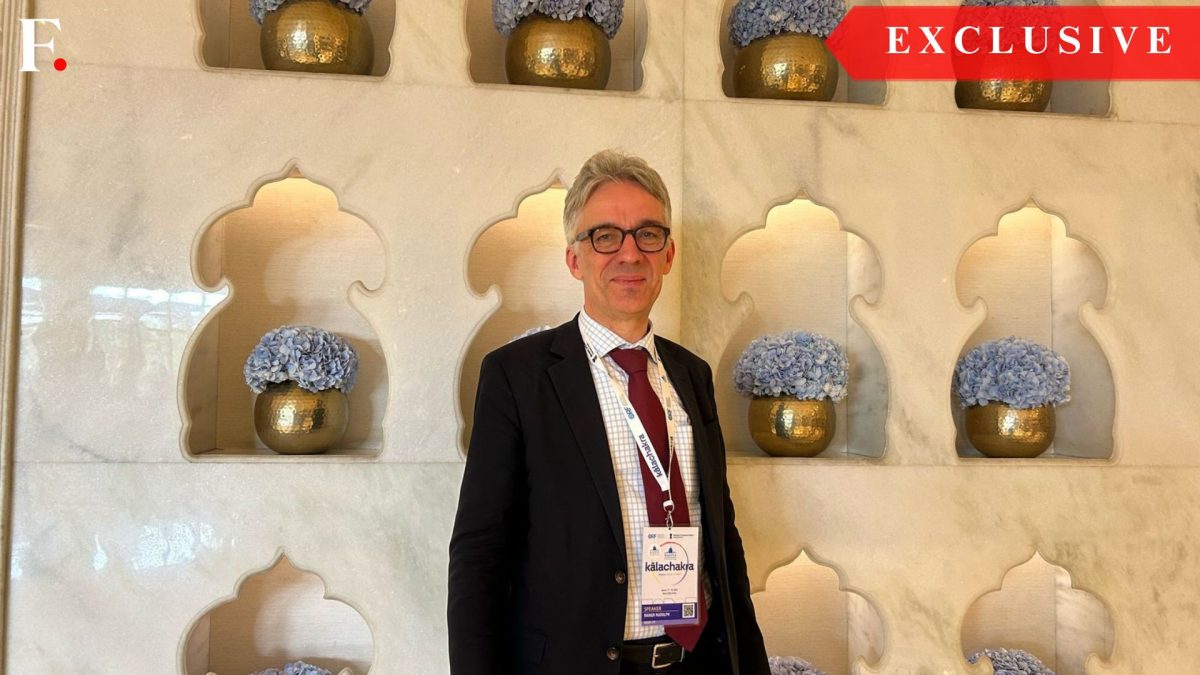)
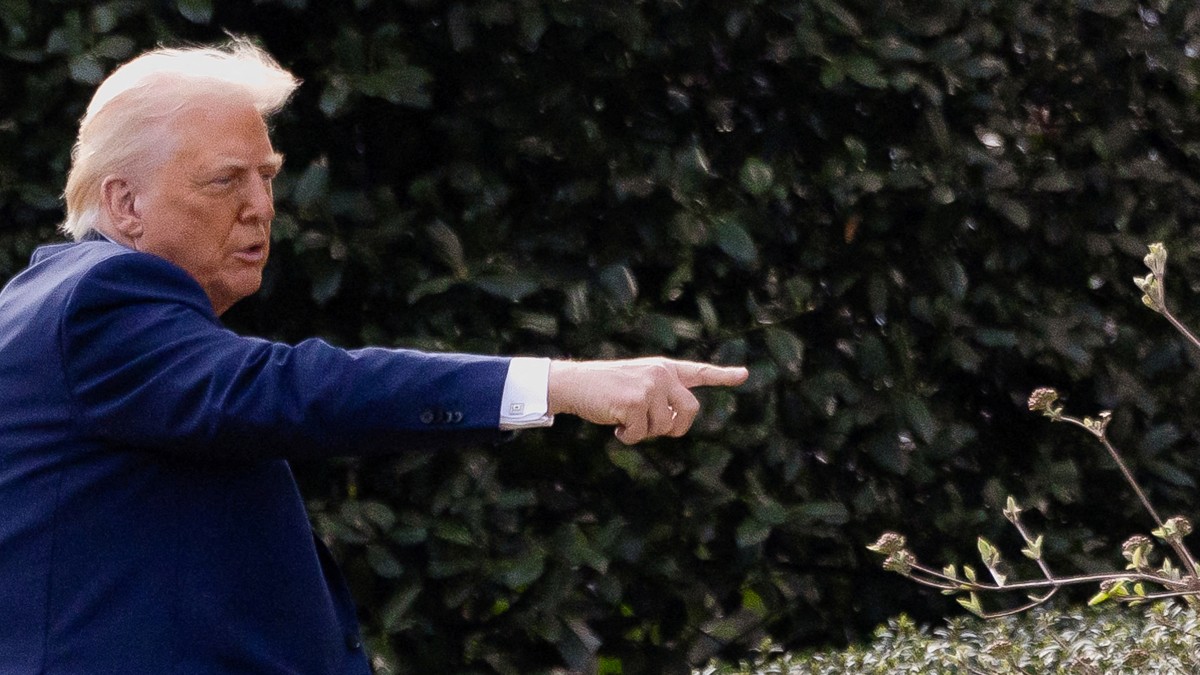)



